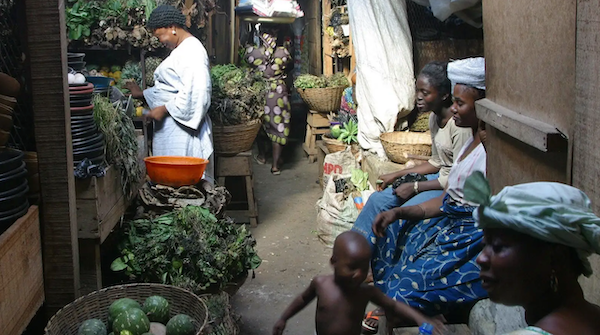
The Nigerian Institute of Medical Research has said coordination and inadequate funding are responsible for the inadequate development of herbs in the country.
In a recent interview with our correspondent, the Director-General, NIMR, Prof Babatunde Salako, stated that the institute established a centre for traditional medicine years ago, but that due to funding, most of the solutions submitted to the institute could not be taken beyond the safety test.
He noted further that lack of coordination had made different practitioners venture into different research areas, including areas without provision for funding.
He stated, “About five years ago, the Centre for Traditional, Complementary and Alternative Medicine was one of the units created, and the centre is working in collaboration with many traditional outfits and we have been involved in testing many of the claims that some of them have brought.
“However, if you don’t have enough funds, you will not be able to take the experiment beyond safety. So, in many of them, we are only able to assess safety issues rather than their effectiveness.”
Salako explained that while some of the solutions submitted didn’t turn out as claimed, some had prospects but would require additional work.
He stated, “In the few that we have done, we have looked at two claims on HIV and we did not find them as they claimed. We looked at others and we found one from Afe Babalola University where a herb was developed for Covid-19, which looked very promising but we are not able to take it further because it will require a lot of funding and that means we need a pharmaceutical company that is willing to spend the money.
“Secondly, Covid-19 is not very much around again for us to be able to recruit the thousands of people we need to conclude whether it is a cure or a supportive therapy. We think something is promising in it and may help as supportive therapy for Covid-19.”
Speaking further on the issue of coordination, Salako said a lot of the time, the institute had challenges with coordination because occasionally it could have funding from partners or the government, but that coordination ought to be directed towards areas of priorities that had been created by the government so that researchers only work in those areas with the funding that exists.
“But sometimes, you have funders doing the same thing individually and duplicating efforts and nothing much is coming out of them,” he explained. “Even with the little funding that the government is putting in, if we have proper coordination of research activities and monitoring of funds released for research and measuring output and impact, maybe we would have been able to have an effect on those common ailments.”
He stressed the need for a research council to monitor the funds devoted to research.
He added, “As long as we don’t have a body coordinating it, we will continue to have this problem. That is why we are asking for a research council, which will be under the Federal Ministry of Health and will be advising the minister of health on research and areas to be studied.
“We can work with the Department of Health Planning, Research and Statistics in the ministry to determine priorities and the agenda, and the government will put the needed funds that will go into research into the council. The council will then use the priorities developed by the government to make calls for research that will be done.”
Source | Punchng





![Grow 10 Pounds Of Potatoes In Just 30 Days With Plastic Containers [Video]](https://naijatipsland.com/wp-content/uploads/2024/11/466928459_444053232089974_5323815438965424433_n-100x56.jpg)




